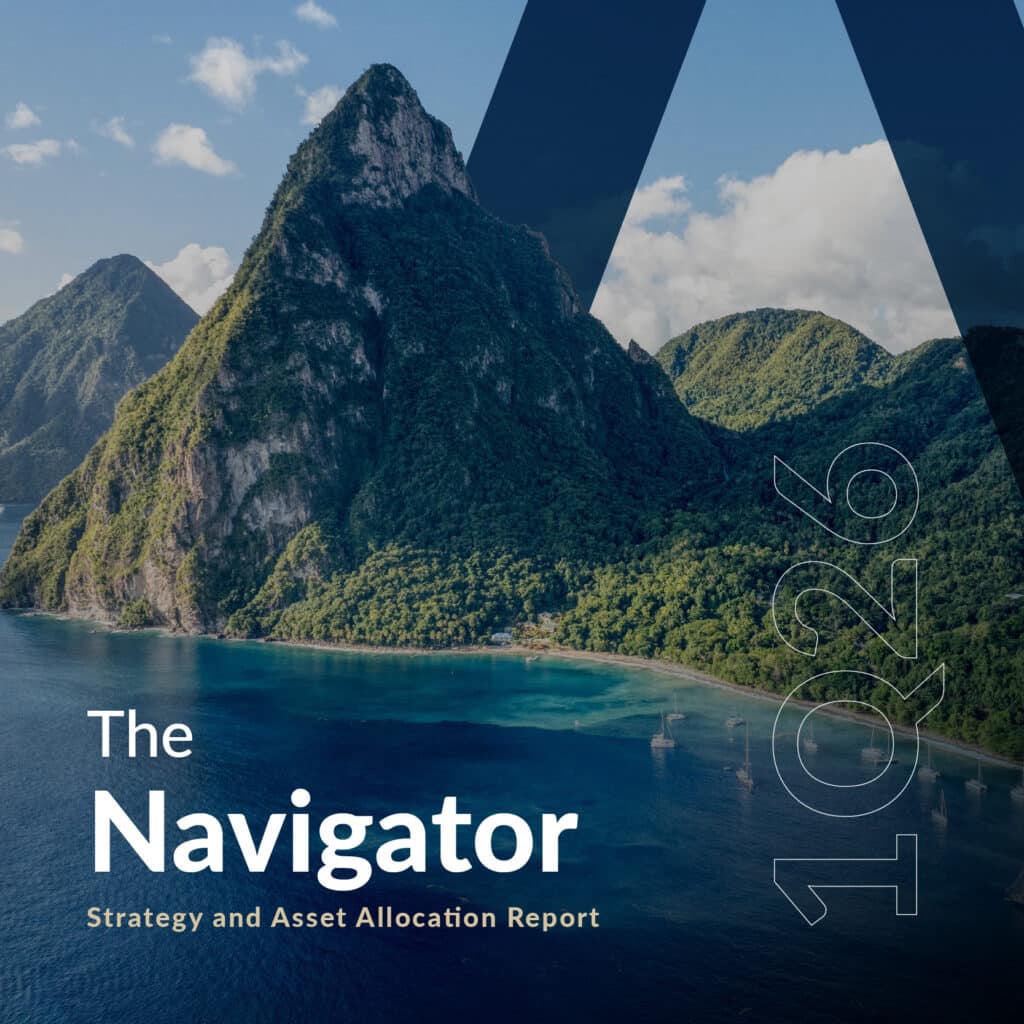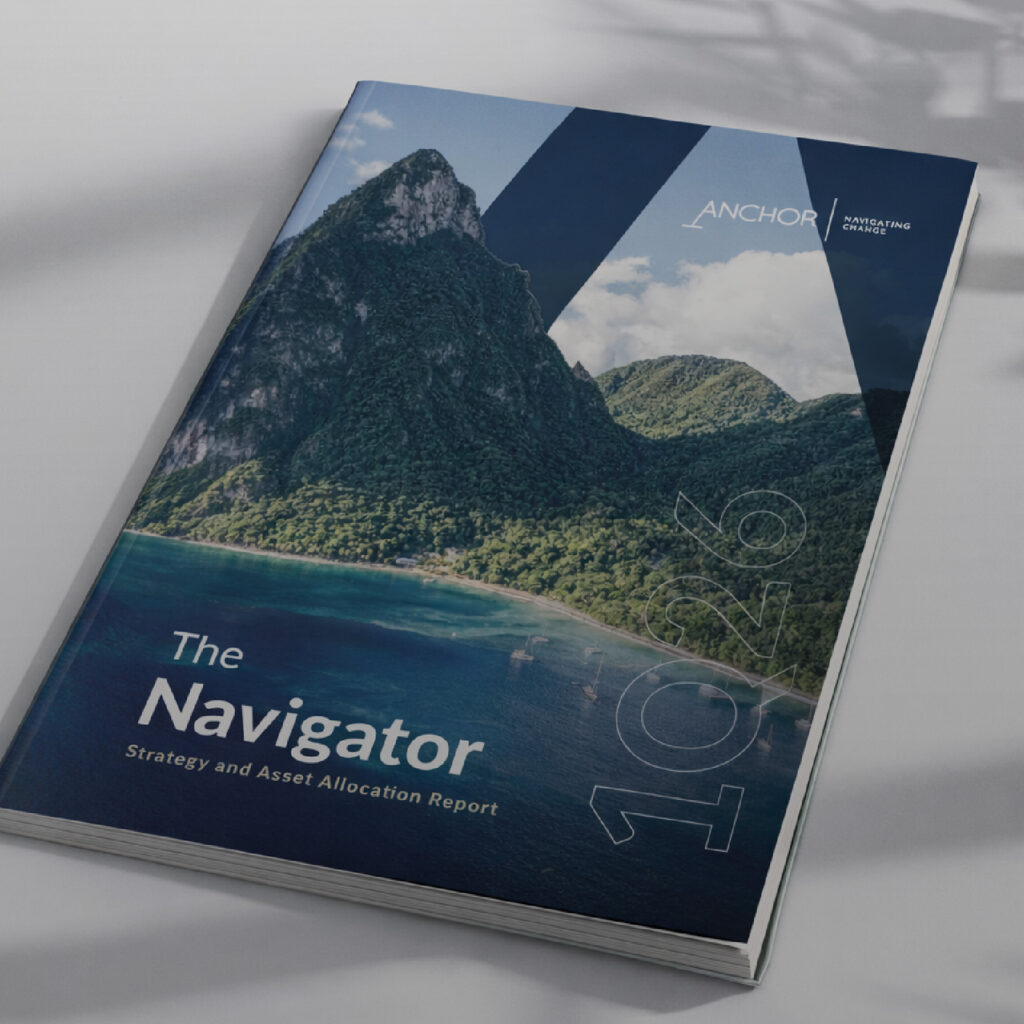Spar reported 1H20 results on Thursday (21 May), which showed its core divisions putting in a solid performance. However, Spar’s new venture into Poland, the deli and supermarket chain Piotr i Pawel Group, which Spar acquired in October, had a negative impact on earnings growth. The Polish business is currently subject to a legally supervised debt-restructuring process, which has delayed the roll-out of Spar’s Polish strategy (Spar also signed an agreement with Spar International in 2019 confirming its exclusive status as the sole operator of the Spar brand in Poland). Unfortunately, Spar had to start incurring the costs for this strategy, with revenue not growing as quickly due to the delay. Adjusted HEPS (excluding Poland and other once-offs) was up 9% YoY (vs a 12% YoY rise in 2H19 and a 7.6% YoY gain in 1H19) – a very strong performance in the current economic environment
The standout performances came from South Africa (SA) and the continued turnaround of its businesses in Switzerland. Ireland was slightly softer as lower footfall due to lockdown regulations depressed earnings. Group sales (excluding Poland) jumped by 8.3% YoY. By division, sales from Spar SA Food & Liquor rose 9.0% YoY, while Build-it (DIY) sales were down 2.4% YoY. Spar Ireland (which reports in euro) recorded an 3.2% YoY increase in sales, while Spar Switzerland (which reports in Swiss franc) posted a total sales increase of c. 4%% YoY.
Group earnings before interest and tax (EBIT) excluding Poland, increased 18% YoY, with SA EBIT extremely strong (+16% YoY). However, the weight of a significantly higher tax rate pulled net income growth down into single digits (the tax rate increased to 30.7%, vs approximately 22% over the preceding two halves). Elsewhere, divisional EBIT in Ireland (euro-denominated) was up 2% YoY and in Switzerland (in Swiss franc) jumped more than 100% YoY, rocketing to R87mn in 1H20 from R17mn in 1H19.
Surprisingly, Spar declared a dividend of R2/share (down 30% YoY and slightly below its HEPS decline). The board decided that it would be prudent to increase the dividend cover from the normal 1.85 times to 2.24 times due to the economic uncertainty which the COVID-19 pandemic has caused. The fact that management still decided to pay a dividend shows their confidence in the business’ cash generation ability and balance sheet strength.
Looking ahead, management gave an extremely cautious forecast. In the results presentation, management highlighted that revenue in SA, Ireland and Poland has been under pressure in April ,due to the lockdown measures undertaken in these countries, while Switzerland continued to benefit from the shift in convenience due to their lockdown measures. Overall, we believe that the market will have a positive reaction to these results, although we remain slightly concerned over the company’s valuation as tough times are still ahead for these food retail businesses.




